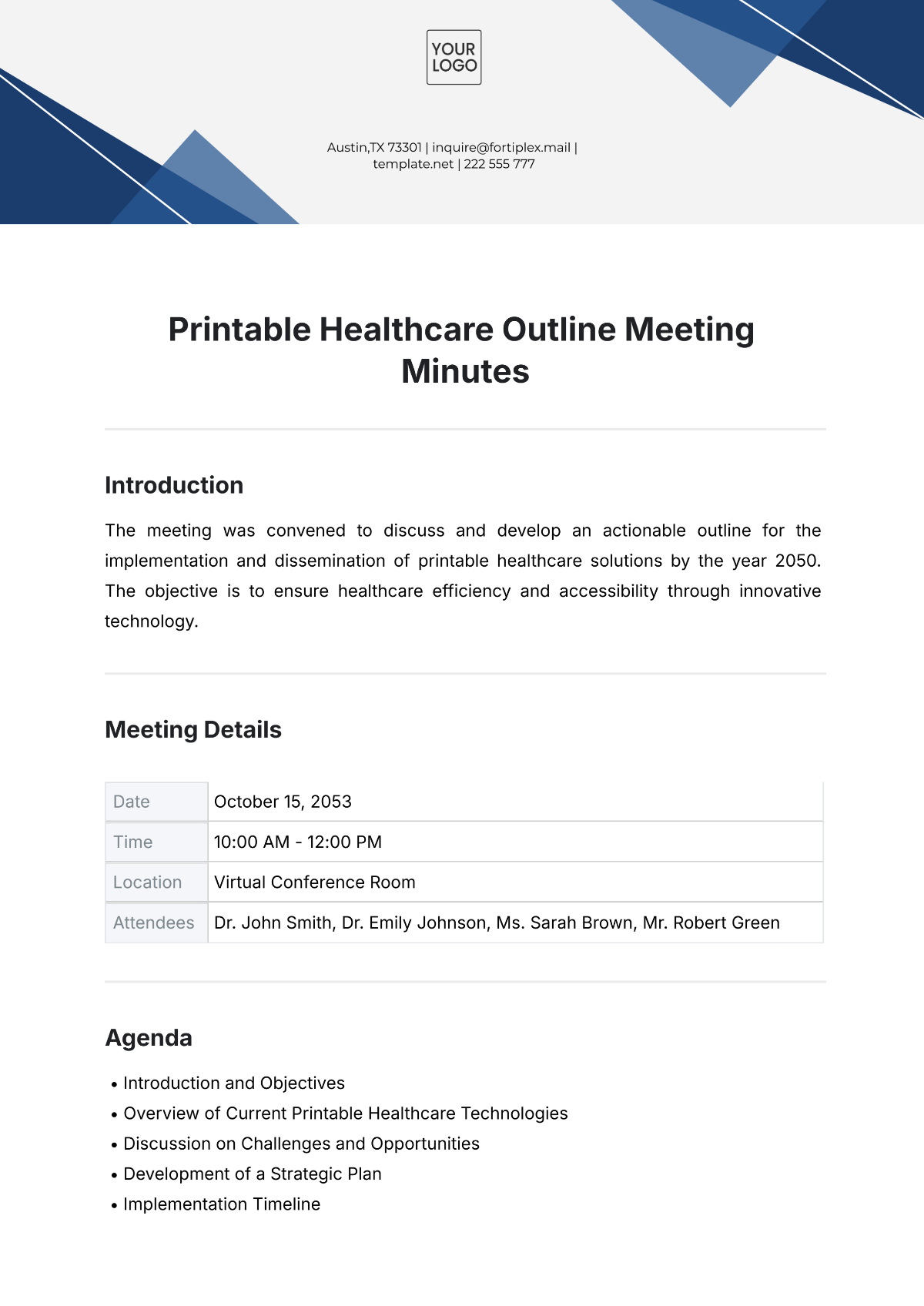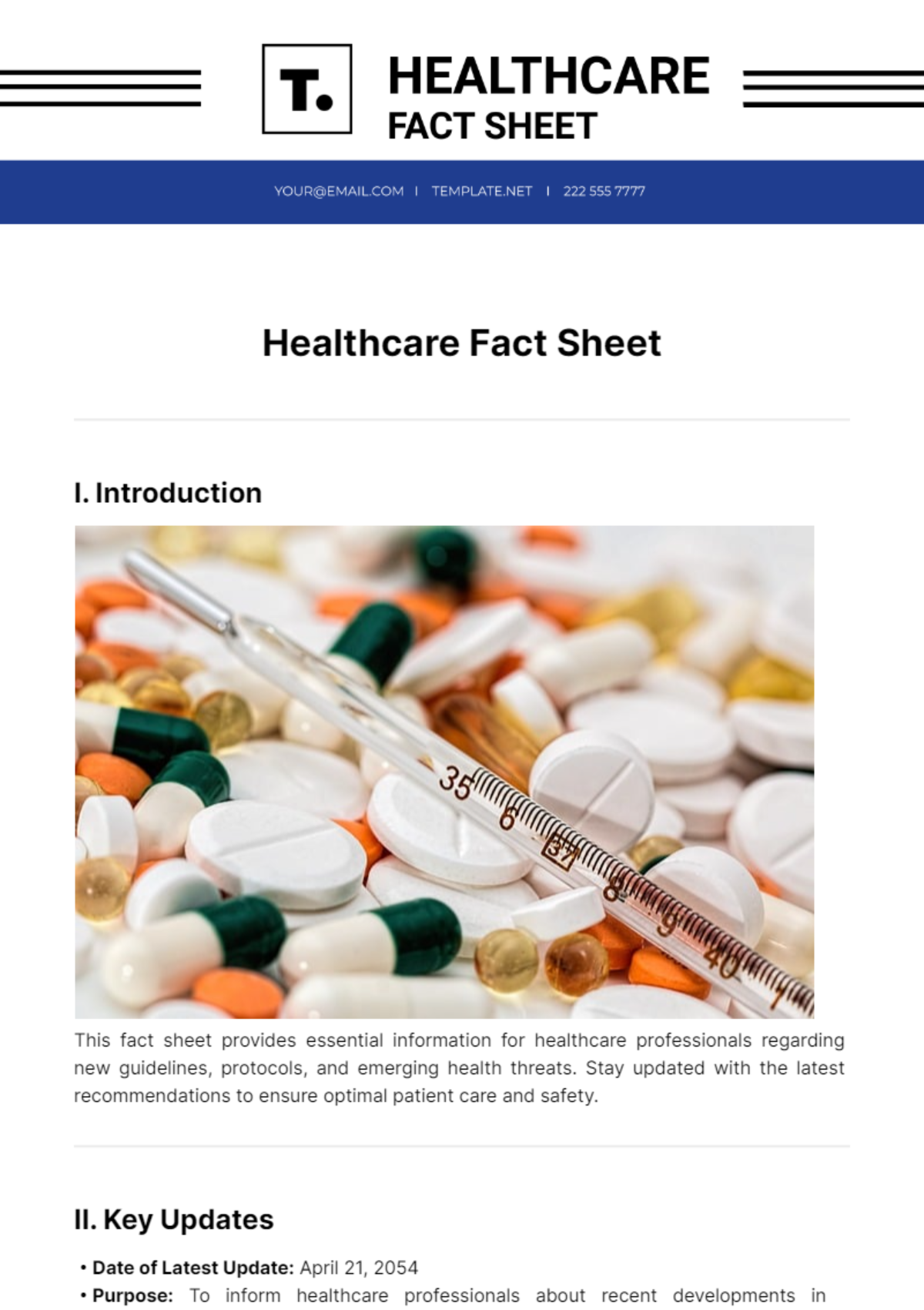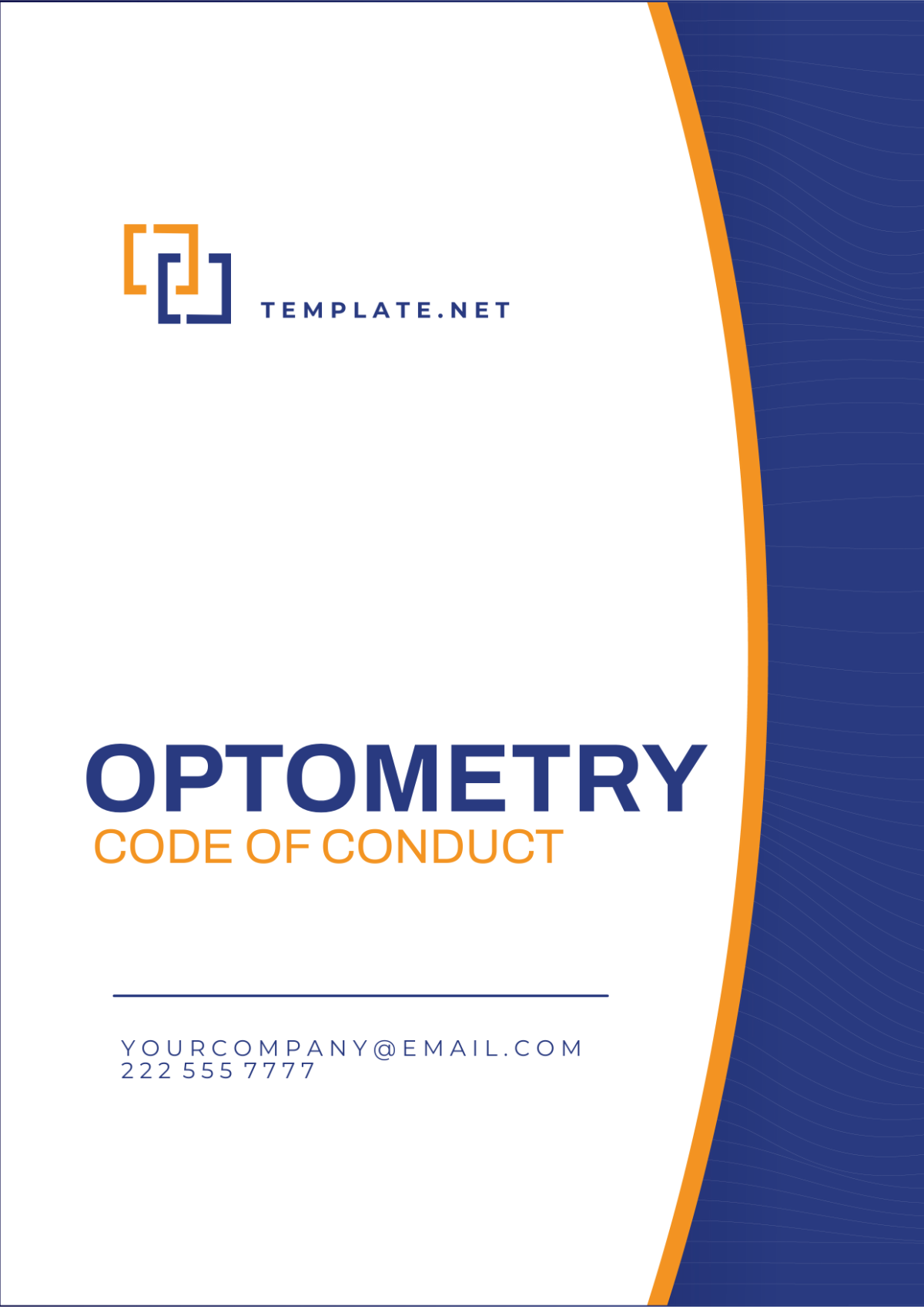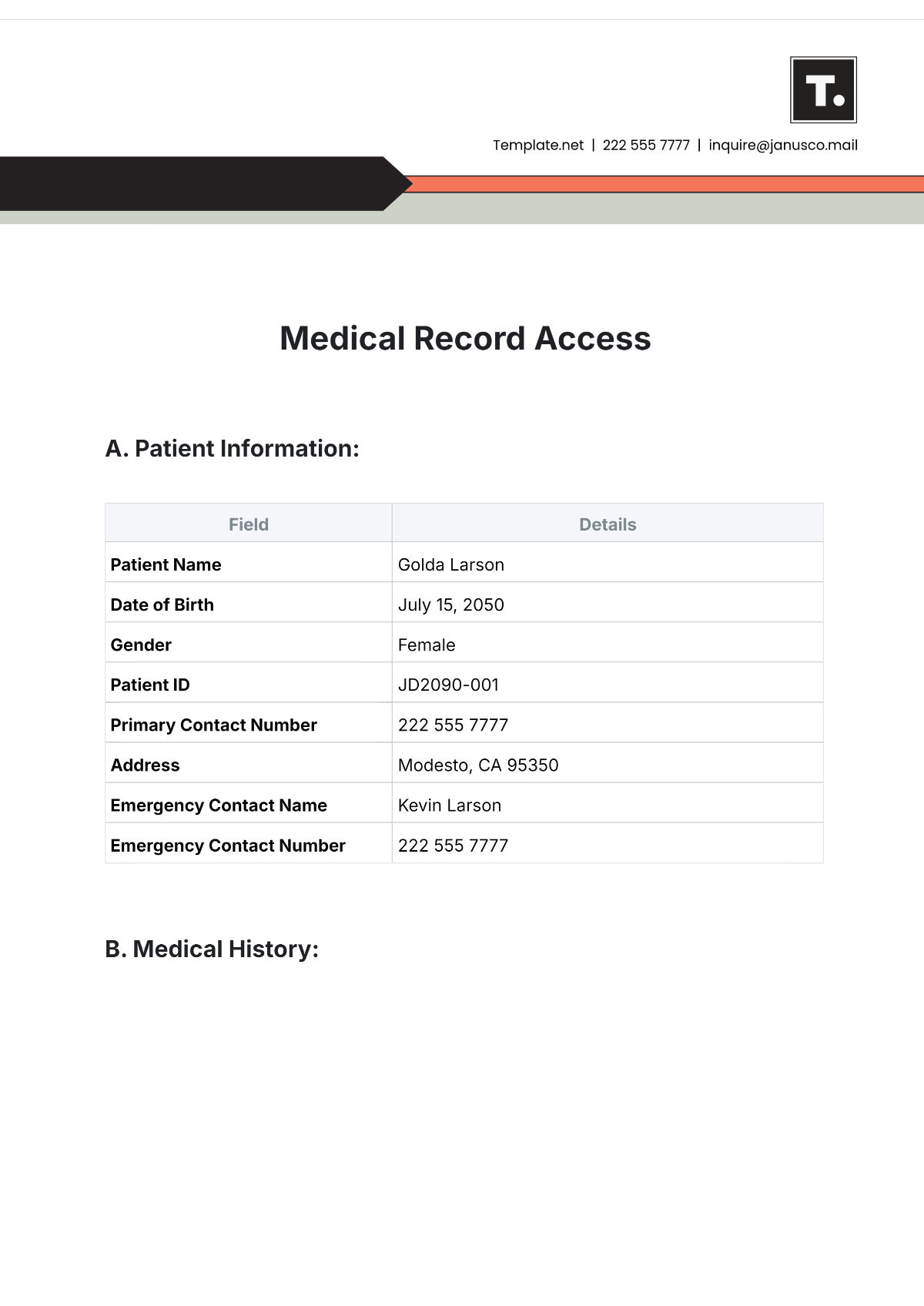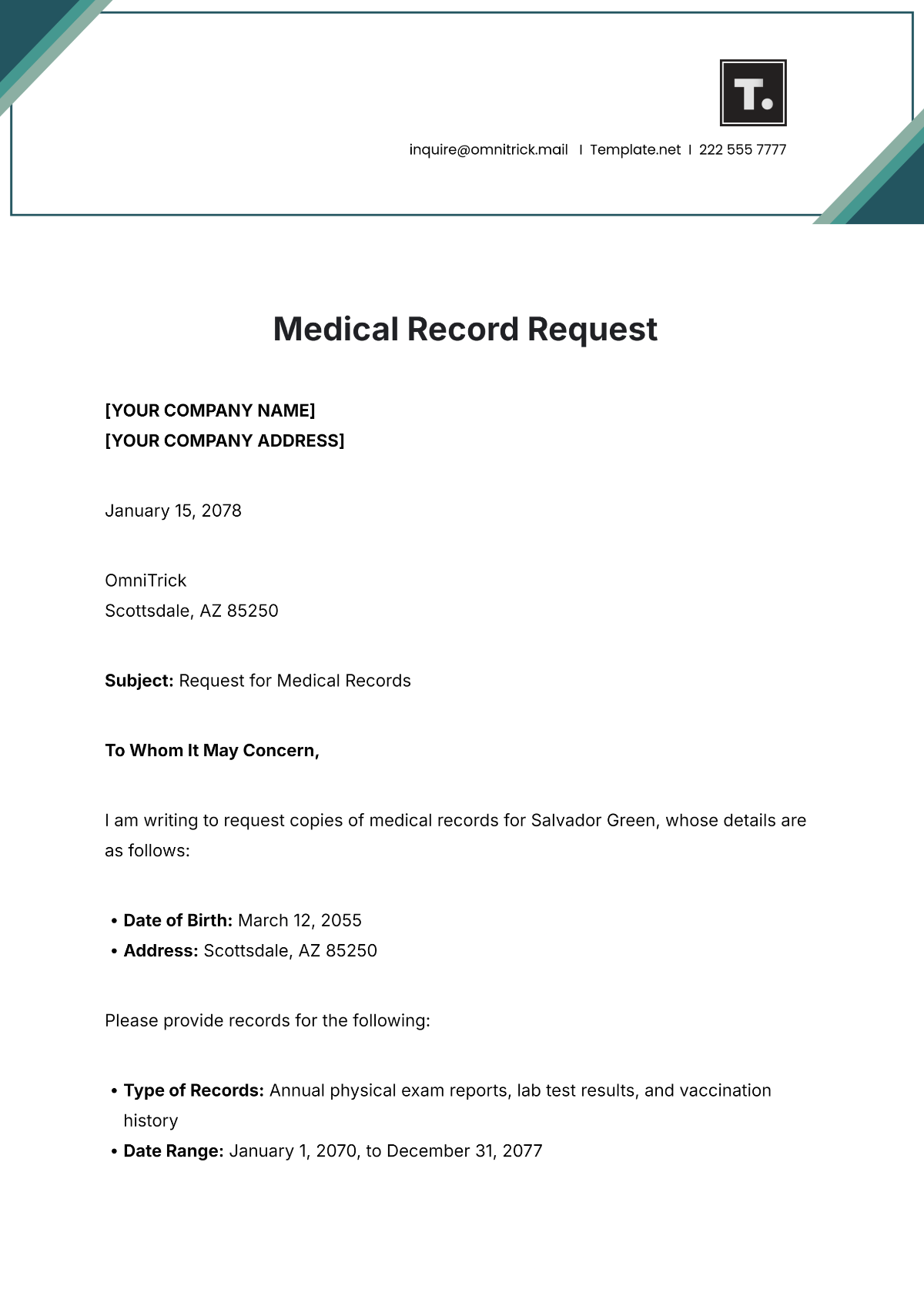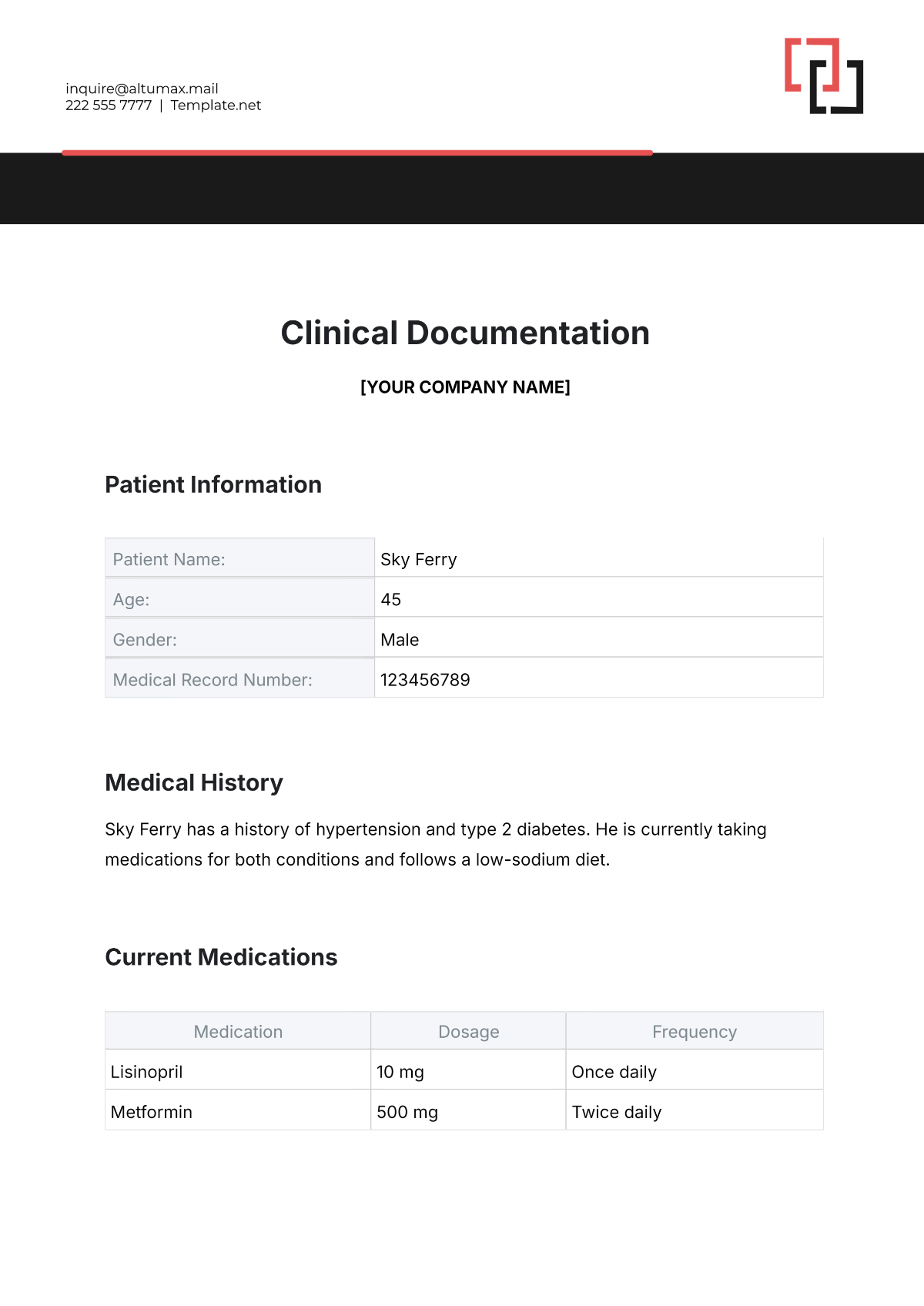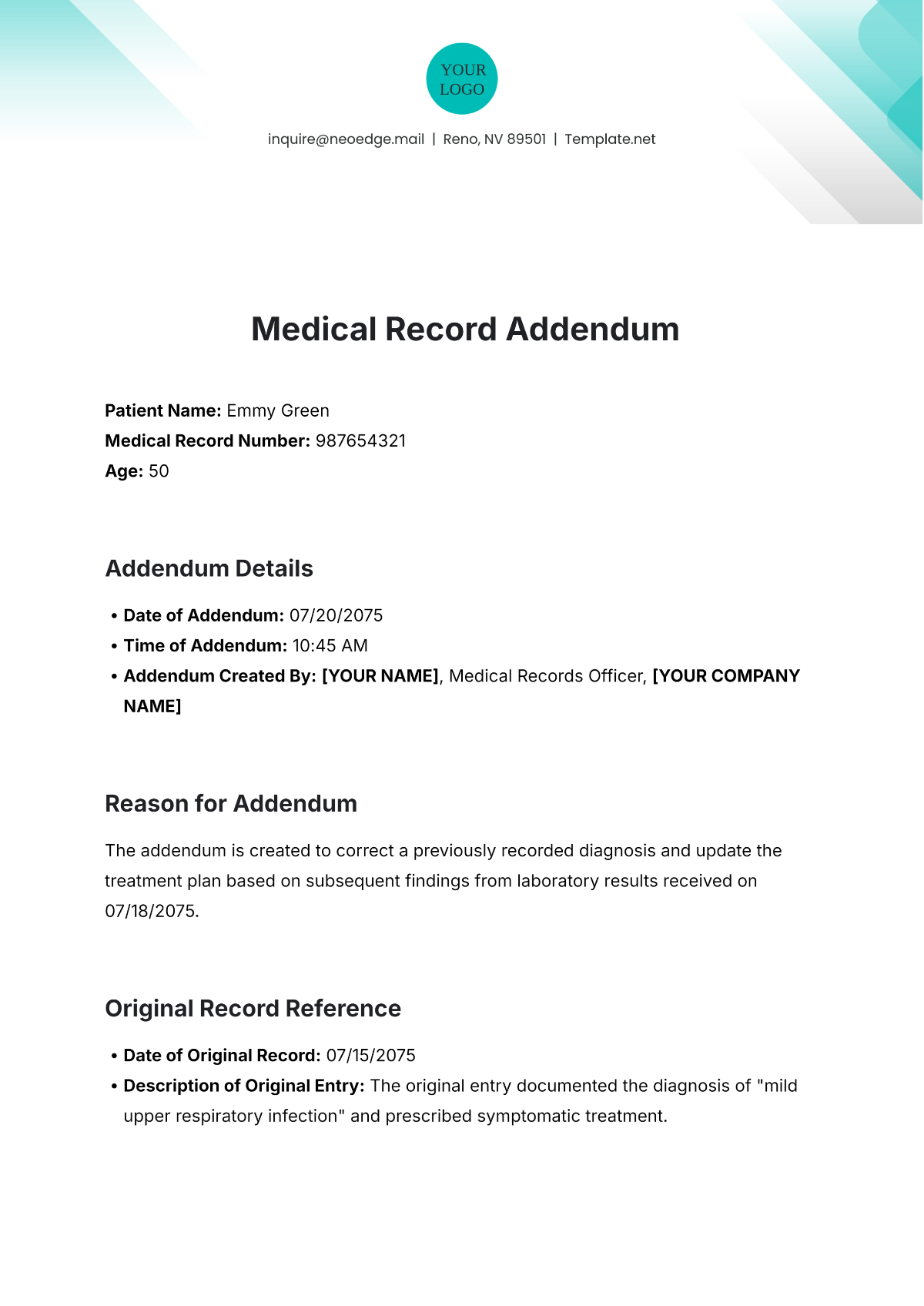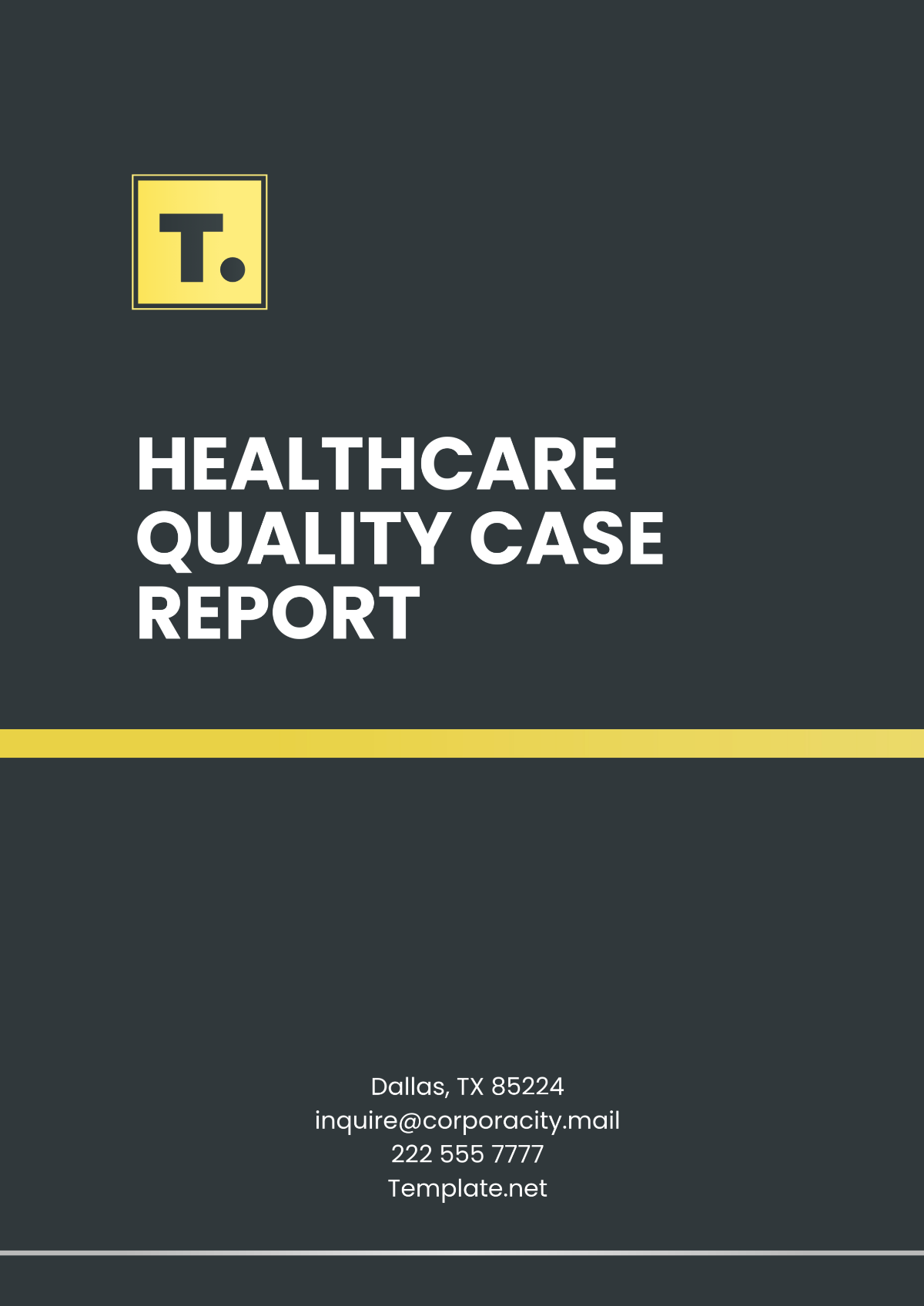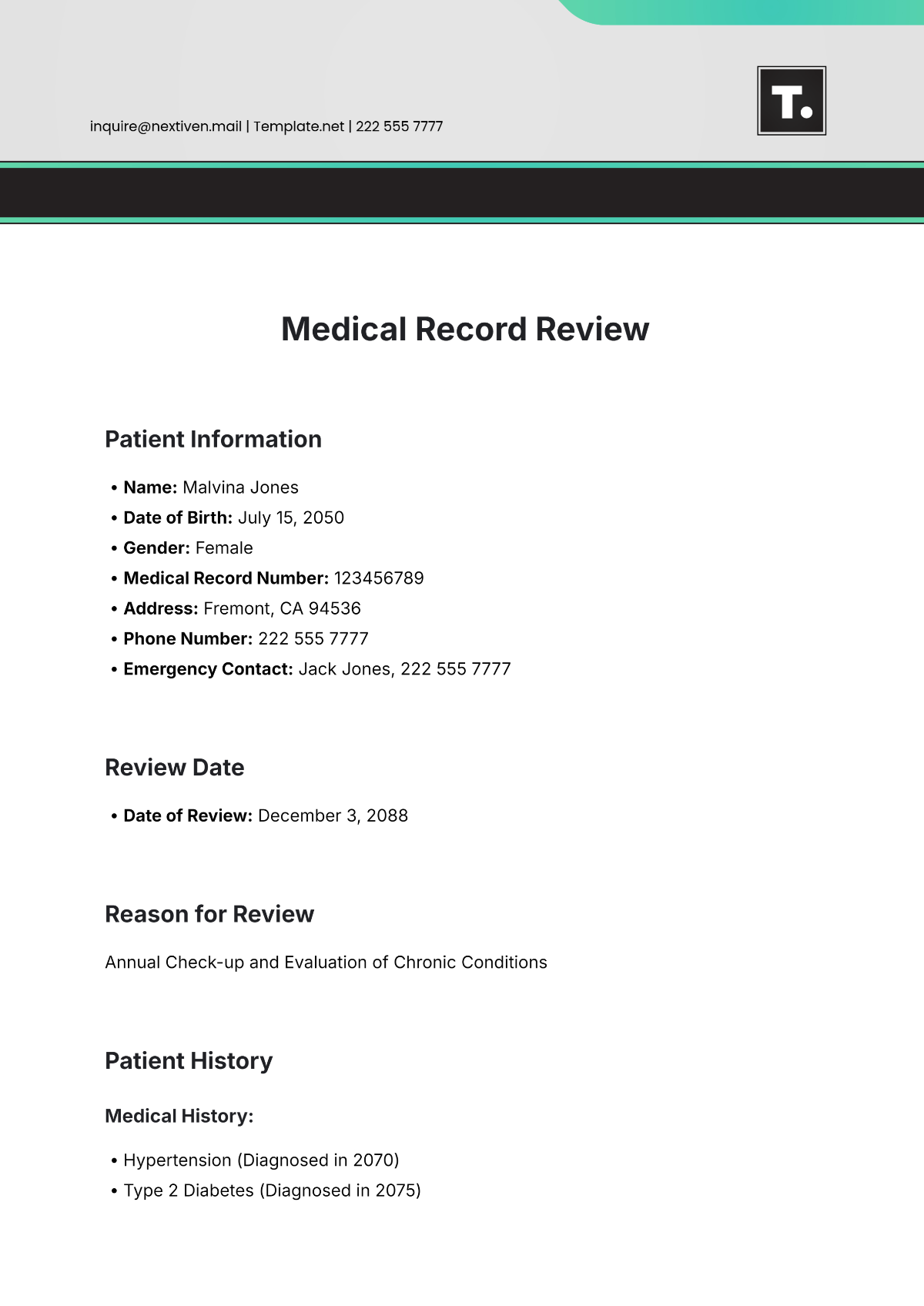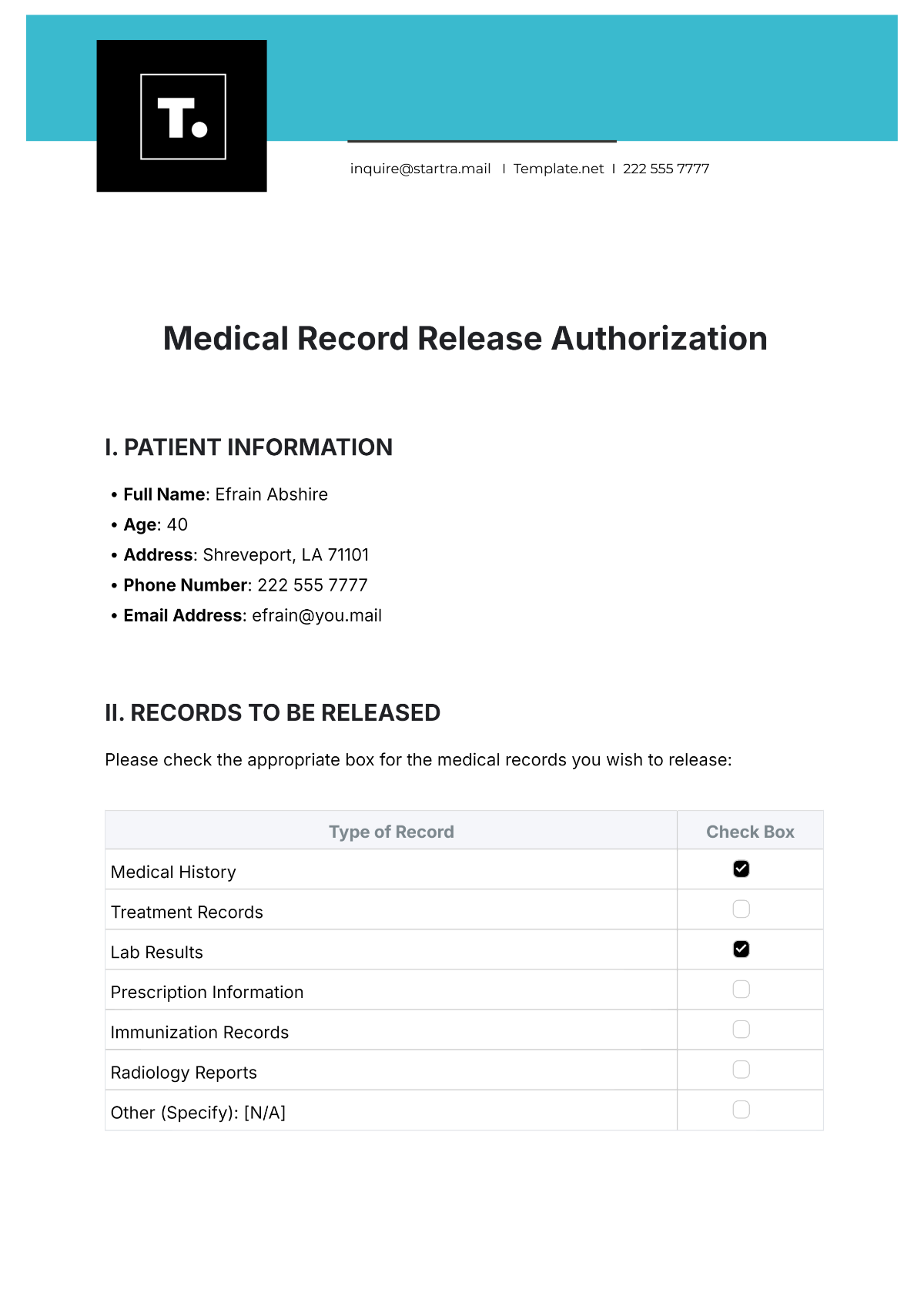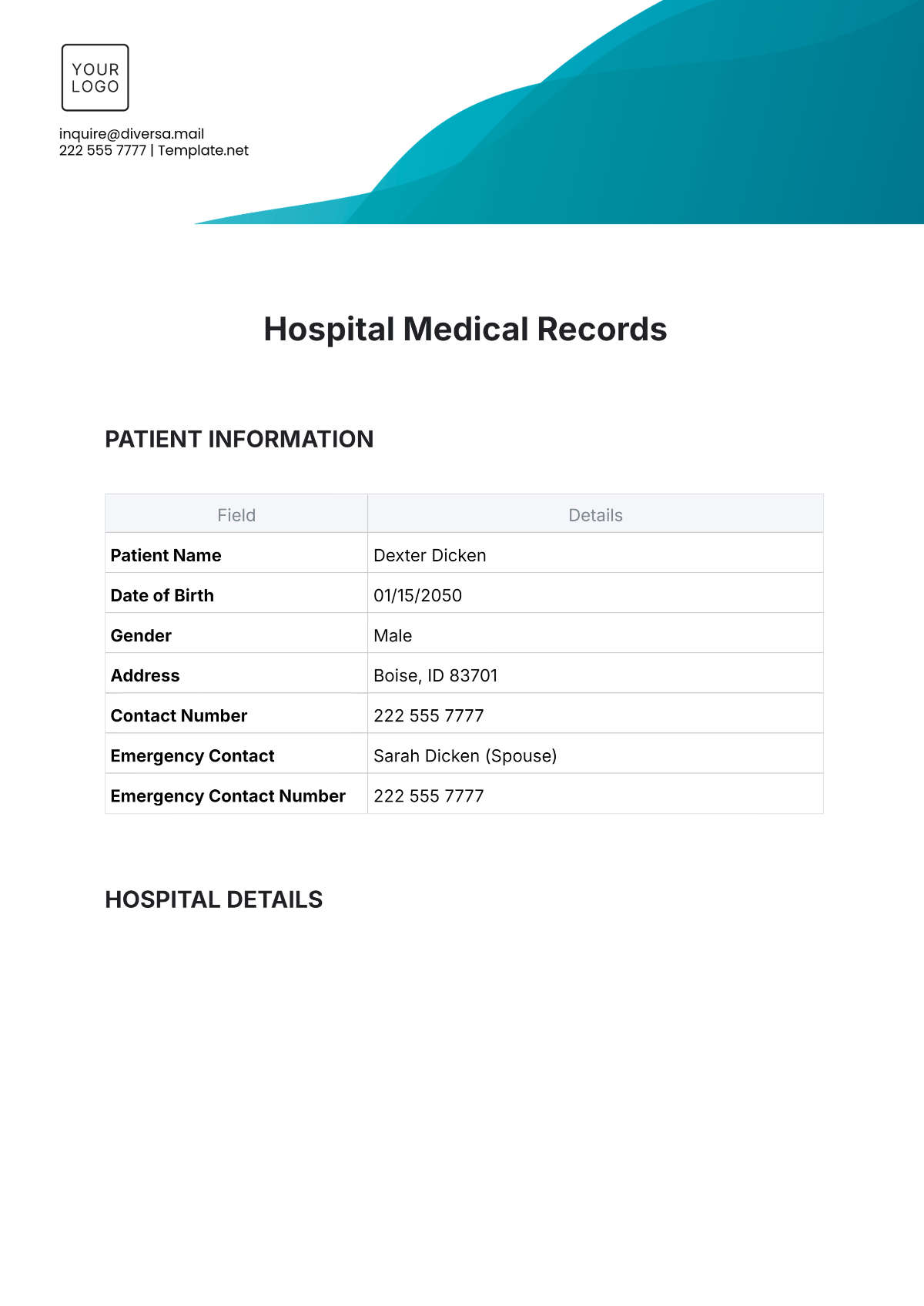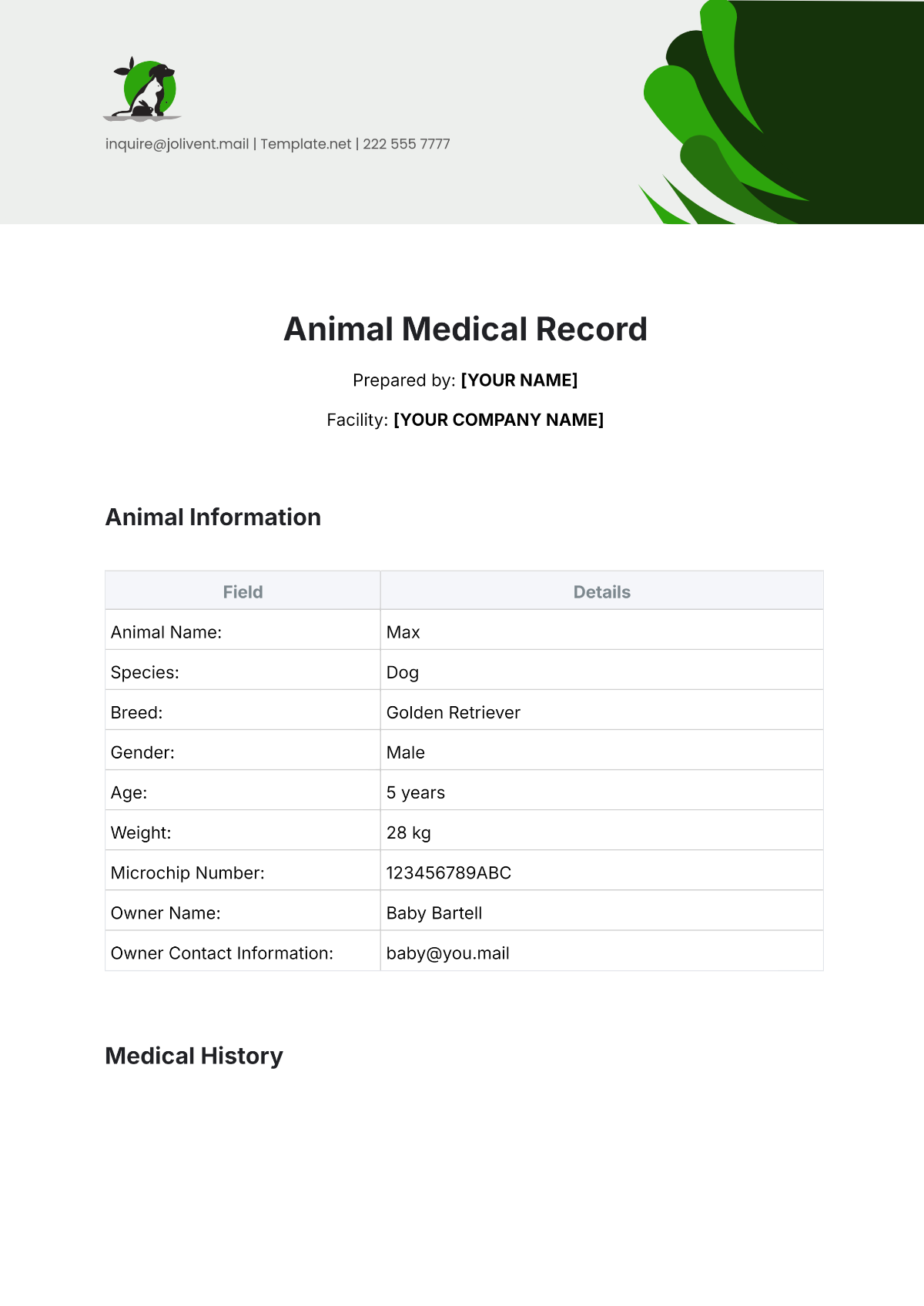Trial Protocol
Title: | Evaluation of Efficacy and Safety of Investigational Drug X in Patients with Chronic Migraine |
Protocol Number: | [Protocol Number] |
Version Date: | [Version Date] |
Principal Investigator: | [Your Name] |
Study Sponsor: | [Your Company Name] |
I. Introduction
Chronic migraine is a debilitating neurological disorder affecting a significant portion of the population worldwide. This Trial Protocol aims to assess the efficacy and safety of Investigational Drug X in reducing the frequency and severity of migraine attacks in patients diagnosed with chronic migraine.
II. Background
Chronic migraine imposes a substantial burden on patients' quality of life and is often challenging to manage with existing treatment options. Investigational Drug X has demonstrated promising results in preclinical and early-phase clinical studies, suggesting its potential as a novel therapeutic agent for chronic migraine.
III. Study Design
This is a multicenter, randomized, double-blind, placebo-controlled trial. The study will be conducted over 24 weeks, including a 4-week screening period, a 12-week treatment phase, and an 8-week follow-up phase. Participants will be randomized in a 1:1 ratio to receive either Investigational Drug X or placebo.
IV. Participants
Eligible participants must meet the following criteria:
Aged 18-65 years
Diagnosis of chronic migraine as per International Classification of Headache Disorders (ICHD) criteria
History of ≥15 headache days per month, with at least 8 days meeting criteria for migraine
Exclusion criteria include pregnancy, significant medical or psychiatric comorbidities, and use of prohibited medications.
VI. Interventions
Participants in the treatment group will receive Investigational Drug X orally, once daily, at a dose of 100 mg. Participants in the placebo group will receive matching placebo capsules following the same dosing schedule.
VII. Study Procedures
Participants will undergo screening assessments, including medical history, physical examination, and migraine diary completion. Eligible participants will complete baseline assessments and then enter the treatment phase, during which they will be instructed to record headache frequency, intensity, and duration in a daily migraine diary. Participants will return for study visits at weeks 4, 8, 12, 16, 20, and 24 for efficacy and safety assessments.
VIII. Data Collection and Management
Data will be collected using electronic case report forms (eCRFs) and securely stored in a centralized database. Data quality will be ensured through regular monitoring visits and adherence to Good Clinical Practice (GCP) guidelines.
VI. Safety Monitoring
Safety assessments will include monitoring of adverse events, vital signs, laboratory tests, and electrocardiograms (ECGs). Participants will be instructed to report any adverse events to the study team promptly.
VII. Statistical Analysis
The primary endpoint is the change from baseline in the monthly frequency of migraine days at week 12. Secondary endpoints include the proportion of responders, change in migraine severity, and safety assessments. Statistical analysis will be performed using appropriate methods, including intention-to-treat and per-protocol analyses.
VIII. Ethical Considerations
This trial will be conducted by the principles outlined in the Declaration of Helsinki and applicable regulatory requirements. Informed consent will be obtained from all participants before enrollment, and confidentiality of participant data will be maintained throughout the study.
XI. Regulatory Compliance
This trial has received approval from the Institutional Review Board (IRB) and regulatory authorities in each participating country. Any protocol amendments will be submitted for regulatory review and communicated to relevant parties.
X. Study Timeline
Study Start Date: April 1, 2050
Participant Enrollment: April 2050 - June 2050
Data Analysis: September 2050 - November 2050
Study Completion: December 2050
XI. Conclusion
This Trial Protocol serves as a guiding document for the conduct of the clinical trial. Any deviations from the protocol must be documented and justified appropriately. Amendments to the protocol will be communicated to all study personnel and regulatory authorities as necessary.






